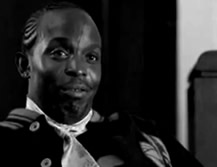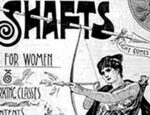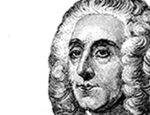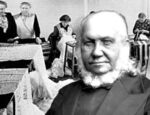Description
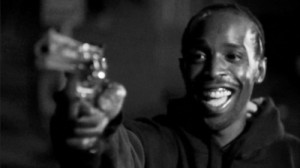 Meet Omar Little, morally complex stick-up man from cult TV series The Wire (HBO) and enthusiast of Greek mythology. Back in middle school, Omar explains in Series 2, he took a special interest in classical myth: “I used to love the myths. That stuff is deep… Truly.”
Meet Omar Little, morally complex stick-up man from cult TV series The Wire (HBO) and enthusiast of Greek mythology. Back in middle school, Omar explains in Series 2, he took a special interest in classical myth: “I used to love the myths. That stuff is deep… Truly.”
Omar’s occupation is “rip ‘n’ run”; a kind of gangster Robin Hood, he robs from one set of dealers and sells the drugs to another set (having given out freebees to the needy in return for their informal surveillance and loyalty). In spite of the criminality of his trade he goes about his business according to a strict moral code, which prescribes that he only targets other players in “The Game”.
As well as Stringer Bell, the brains behind the Barksdale drug ring, who attends economics classes at Baltimore City Community College, Omar displays many social characteristics and business skills that would be highly prized were they were not directed towards often nefarious ends within the violent and drug-addled backwater of an urban criminal underclass.
Omar was orphaned at a young age and raised by his Church-going grandmother. He attended Edmondson High School in West Baltimore. The loveable and sharply dressed homicide detective Bunk Moreland attended the same school as Omar. The simultaneous bifurcation and convergence of their career paths accentuate the frailty of the line between the lower social classes in deprived large urban areas of East Coast, USA.
Omar’s intelligence and cunning, as well as his sensitivity and pithy turn of phrase, cannot fail to win the viewer’s respect and admiration. Watch the short conversational exchange (in the clip above) between Omar, awaiting his moment in court, and the disgruntled bailiff, flummoxed by his cross-word clue.
In the clip Omar shows that he knows both the Greek and Roman pantheon. Omar’s white, middleclass interlocutor is taken aback by his captive’s unlikely display of “high” cultural knowledge. Not only his surprise, but also his apparent shift in the respect he shows Omar, betray the common assumptions surrounding the relationship between classical education and class, and also the power of classical culture to upset such deeply set class-based judgments.

